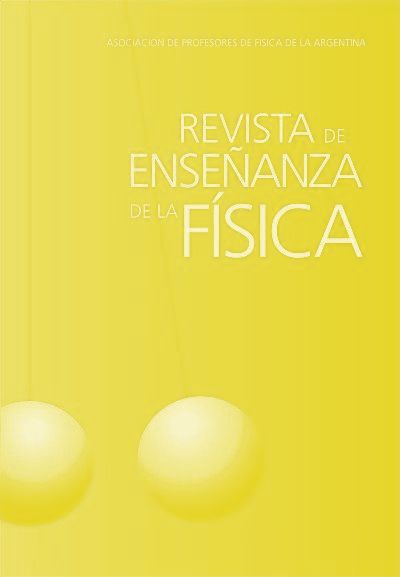Climate science in secondary school: results of a survey on the use of weather forecasting applications
Keywords:
climate science, high school, weather forecast apps, scientific literacyAbstract
This work is part of a doctoral research whose objective is to discuss aspects of the nature of science in the context of the study of severe climatic phenomena with the purpose of promoting scientific literacy. Results obtained through a survey implemented in a public secondary school are examined regarding what is the most relevant information when consulting weather forecast applications. Questions are proposed about the reliability of the information, the climate models that provide the information in meteorological applications, etc. The results of the survey answered by students, parents and teachers show that people trust certain aspects of the weather forecast, such as the 5-day forecast, but do not trust the one-hour forecast, they do not have scientifically sound ideas about the simulations computational, and they do not know the origin and nature of the information they receive daily. We consider that it is necessary, in high school, to deepen these aspects so that students, when exercising citizenship, can make decisions based on forecasts and avoid exposing themselves to risks.
Downloads
Published
Issue
Section
License

This work is licensed under a Creative Commons Attribution-NonCommercial-NoDerivatives 4.0 International License.
Aquellos autores/as que tengan publicaciones con esta revista, aceptan los términos siguientes:Los autores/as conservarán sus derechos de copiar y redistribuir el material, bajo los términos estipulados en la Licencia de reconocimiento, no comercial, sin obras derivadas de Creative Commons que permite a terceros compartir la obra bajo las siguientes condiciones:
- Reconocimiento — Debe reconocer adecuadamente la autoría, proporcionar un enlace a la licencia e indicar si se han realizado cambios. Puede hacerlo de cualquier manera razonable, pero no de una manera que sugiera que tiene el apoyo del licenciador o lo recibe por el uso que hace.
- NoComercial — No puede utilizar el material para una finalidad comercial.
- SinObraDerivada — Si remezcla, transforma o crea a partir del material, no puede difundir el material modificado.
- Los autores/as podrán adoptar otros acuerdos de licencia no exclusiva de distribución de la versión de la obra publicada (p. ej.: depositarla en un archivo telemático institucional o publicarla en un volumen monográfico) siempre que se indique la publicación inicial en esta revista.
- Se permite y recomienda a los autores/as difundir su obra a través de Internet (p. ej.: en archivos telemáticos institucionales o en su página web) antes y durante el proceso de envío, lo cual puede producir intercambios interesantes y aumentar las citas de la obra publicada. (Véase El efecto del acceso abierto).










